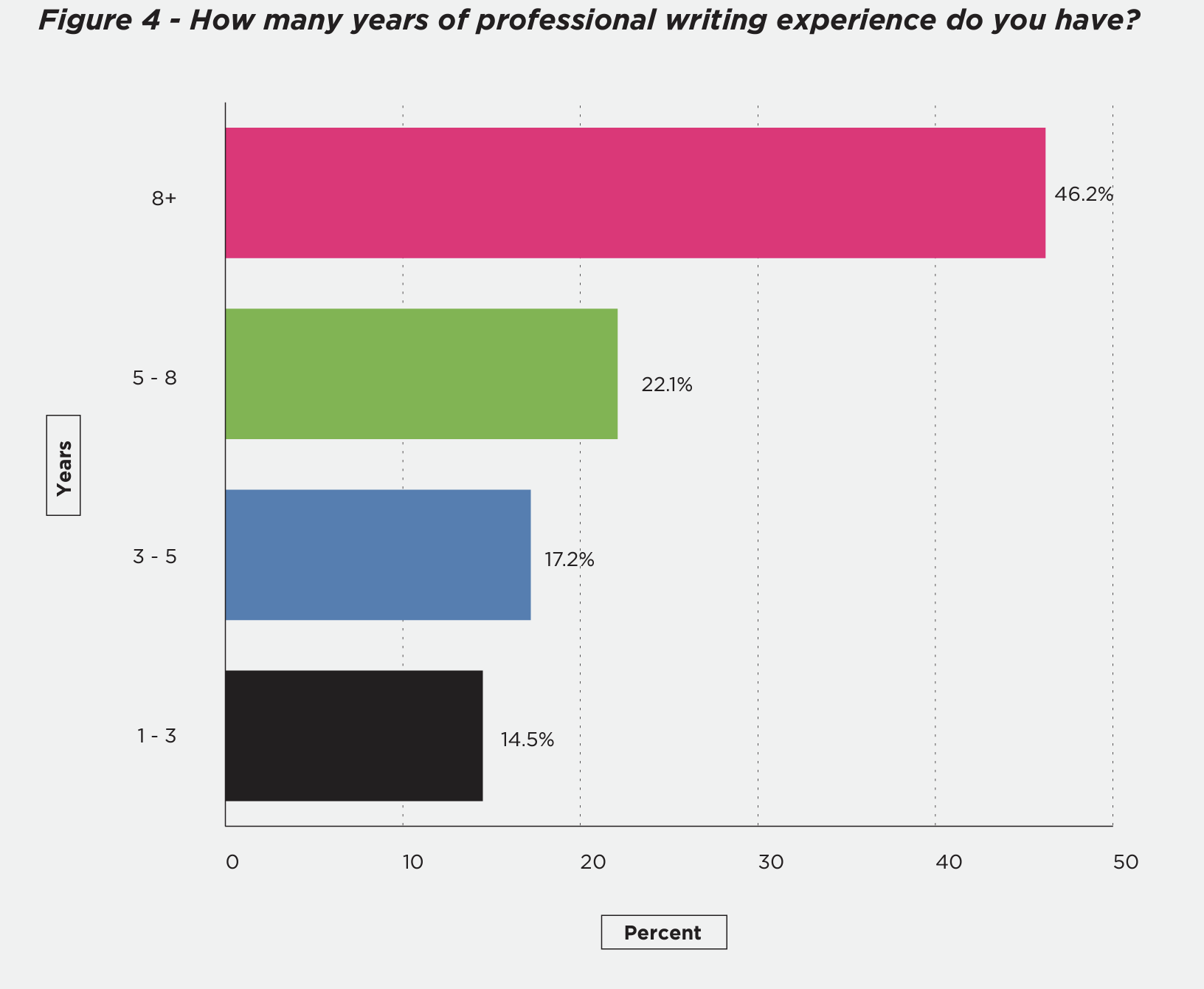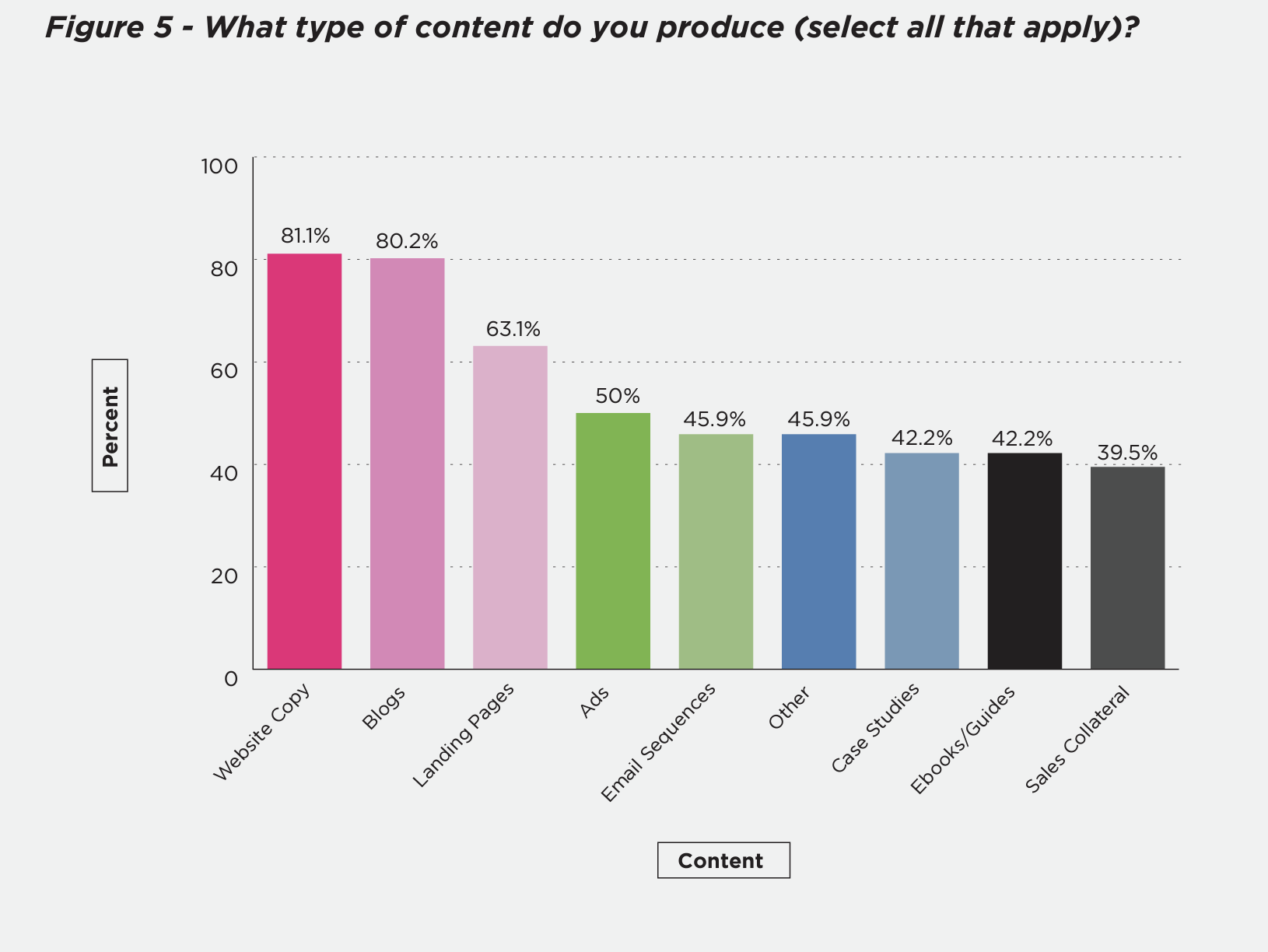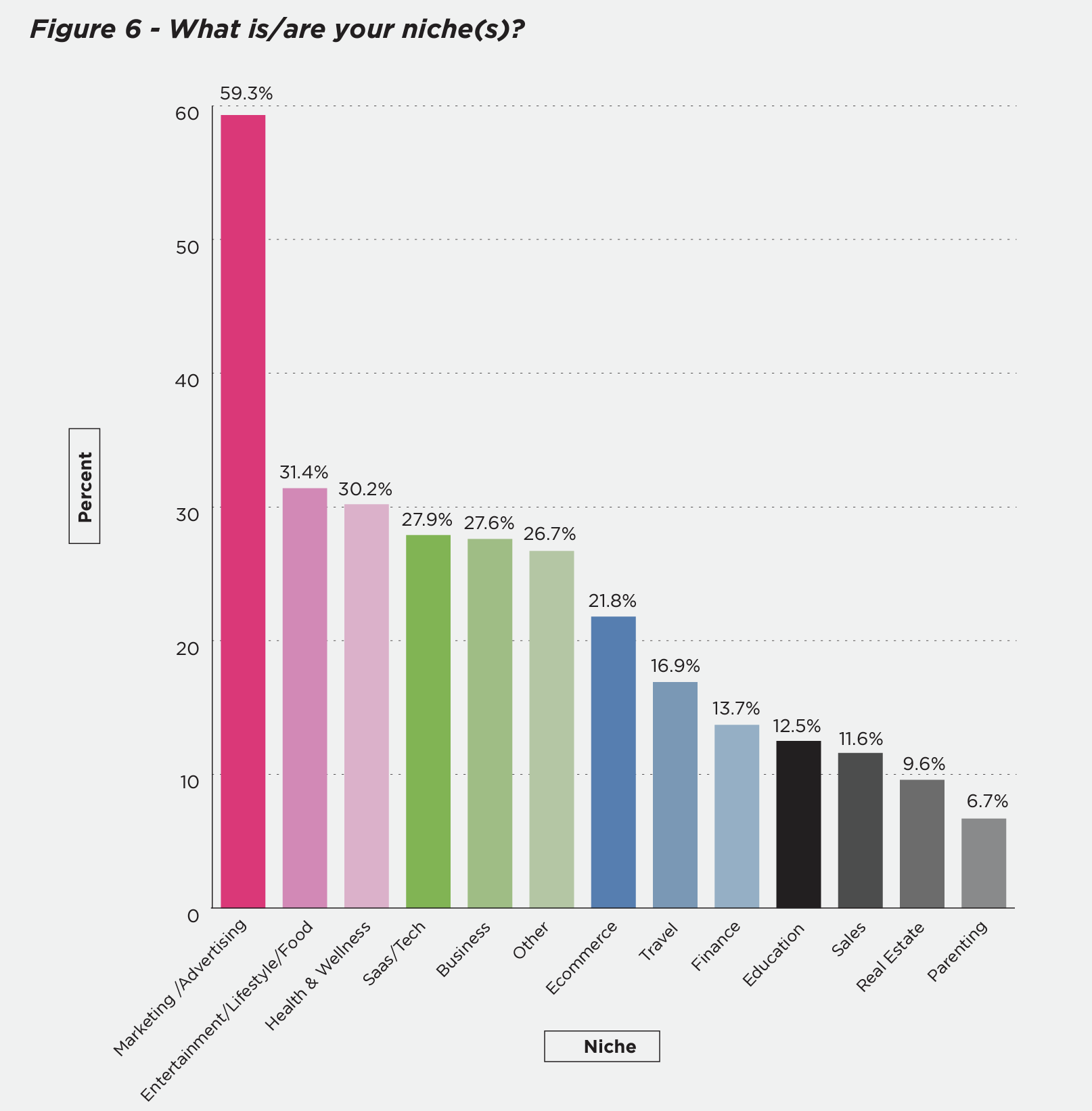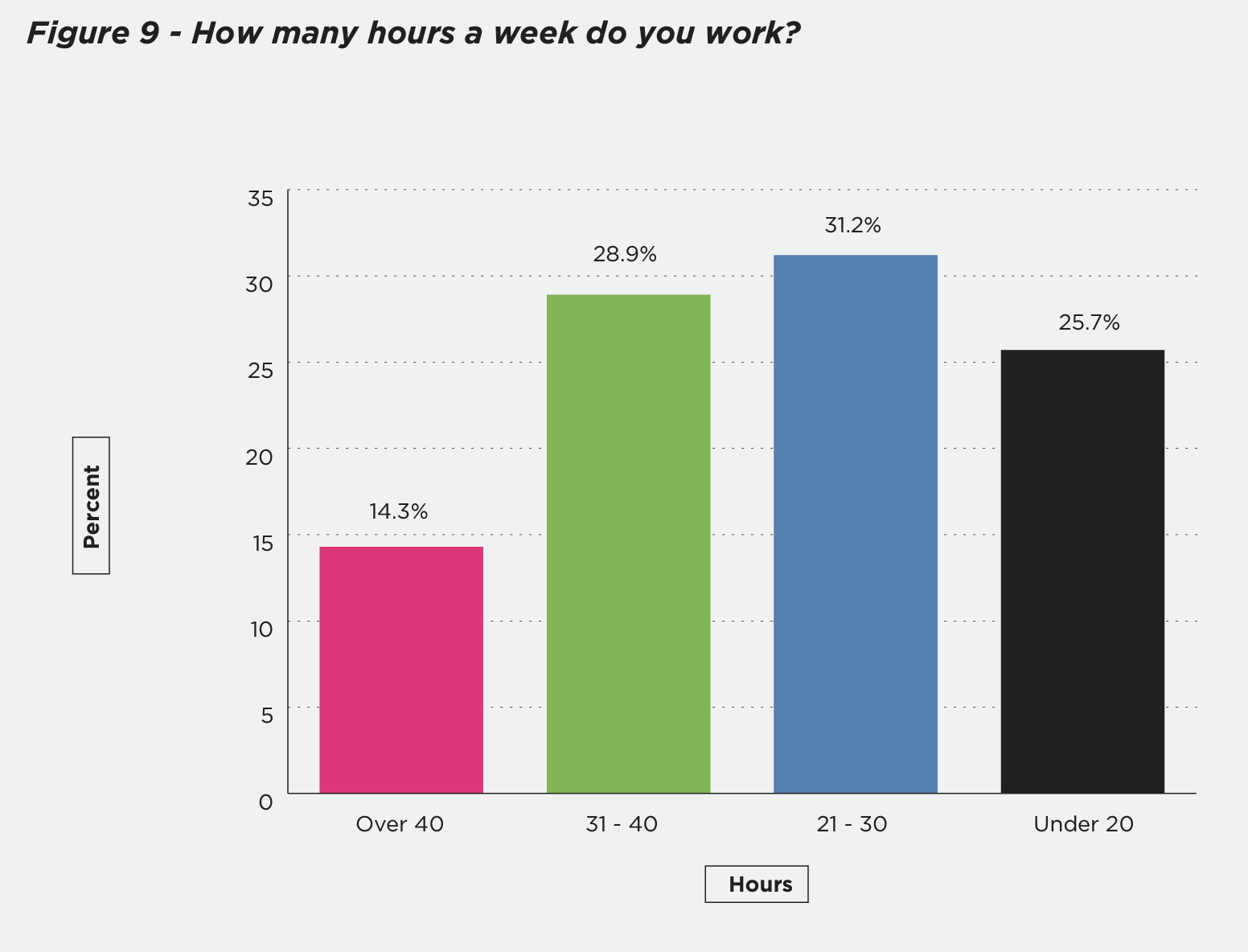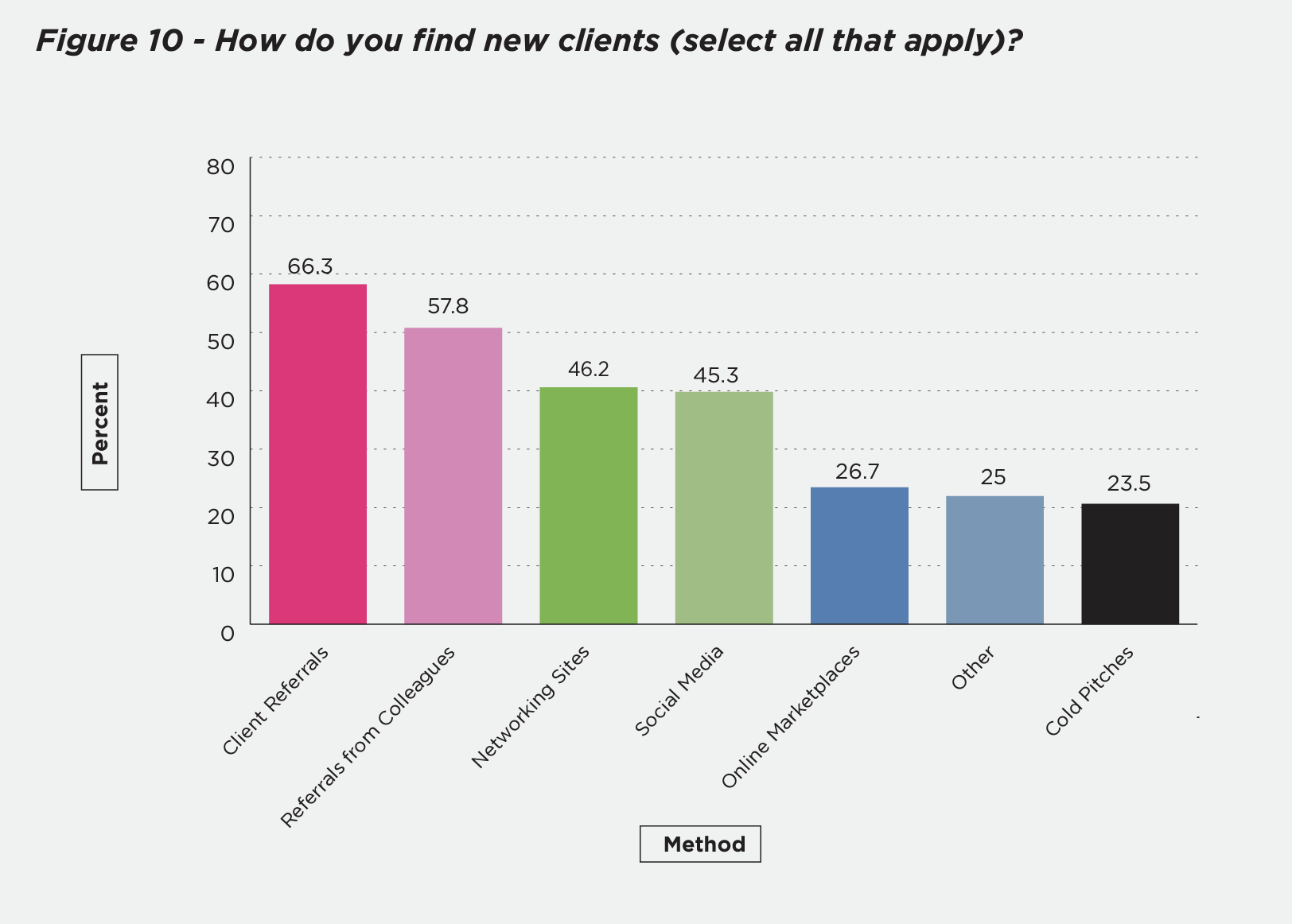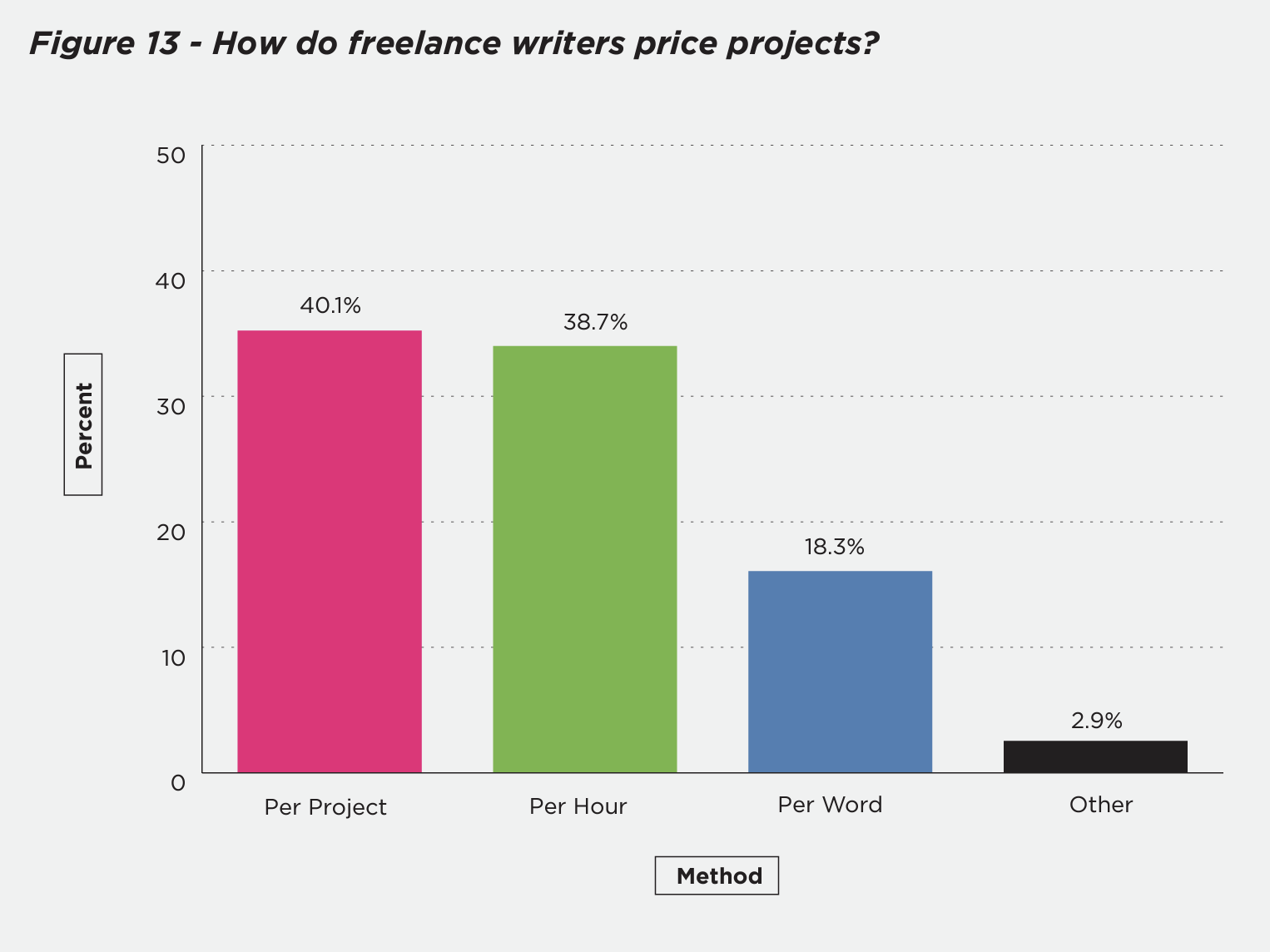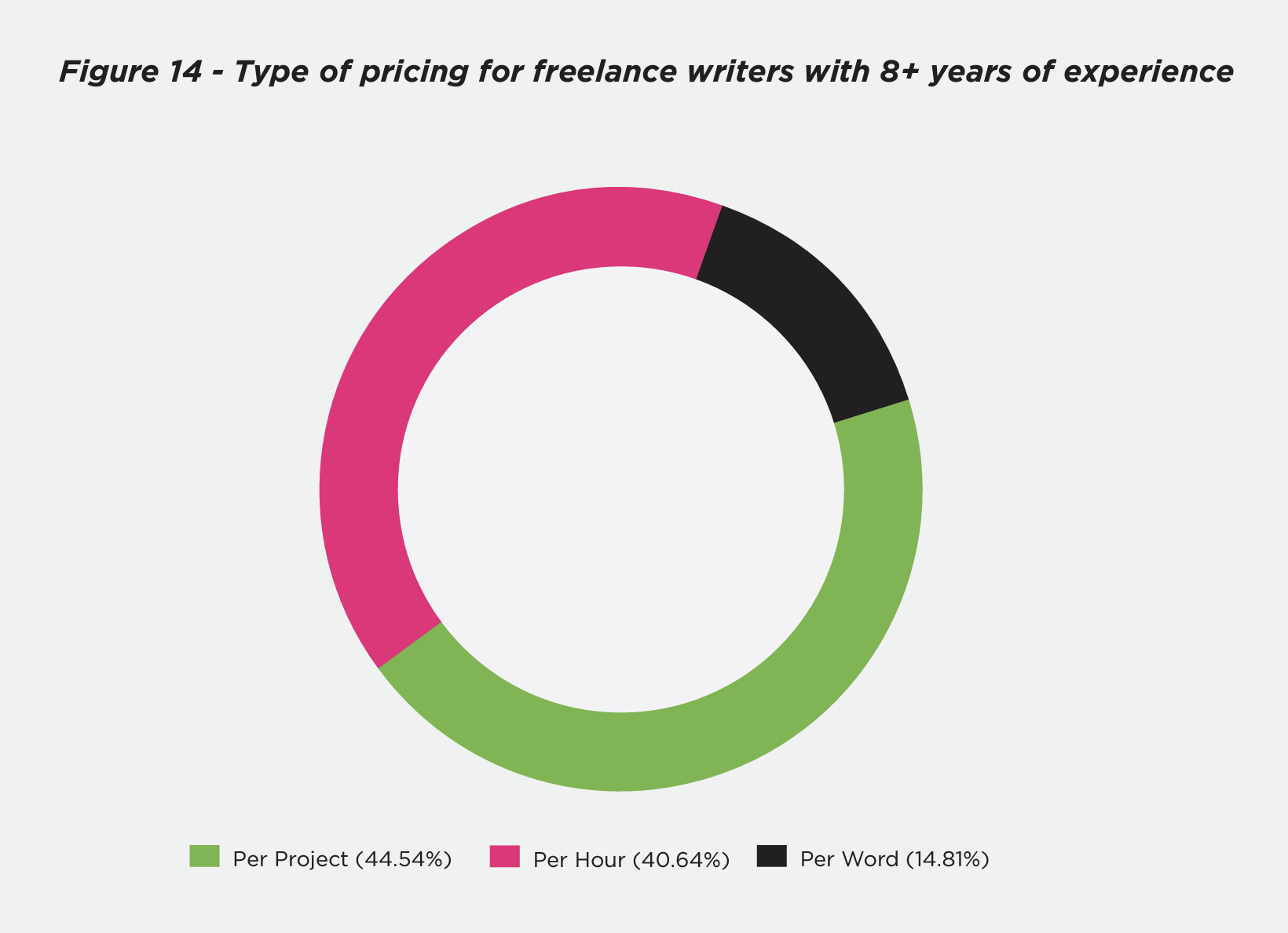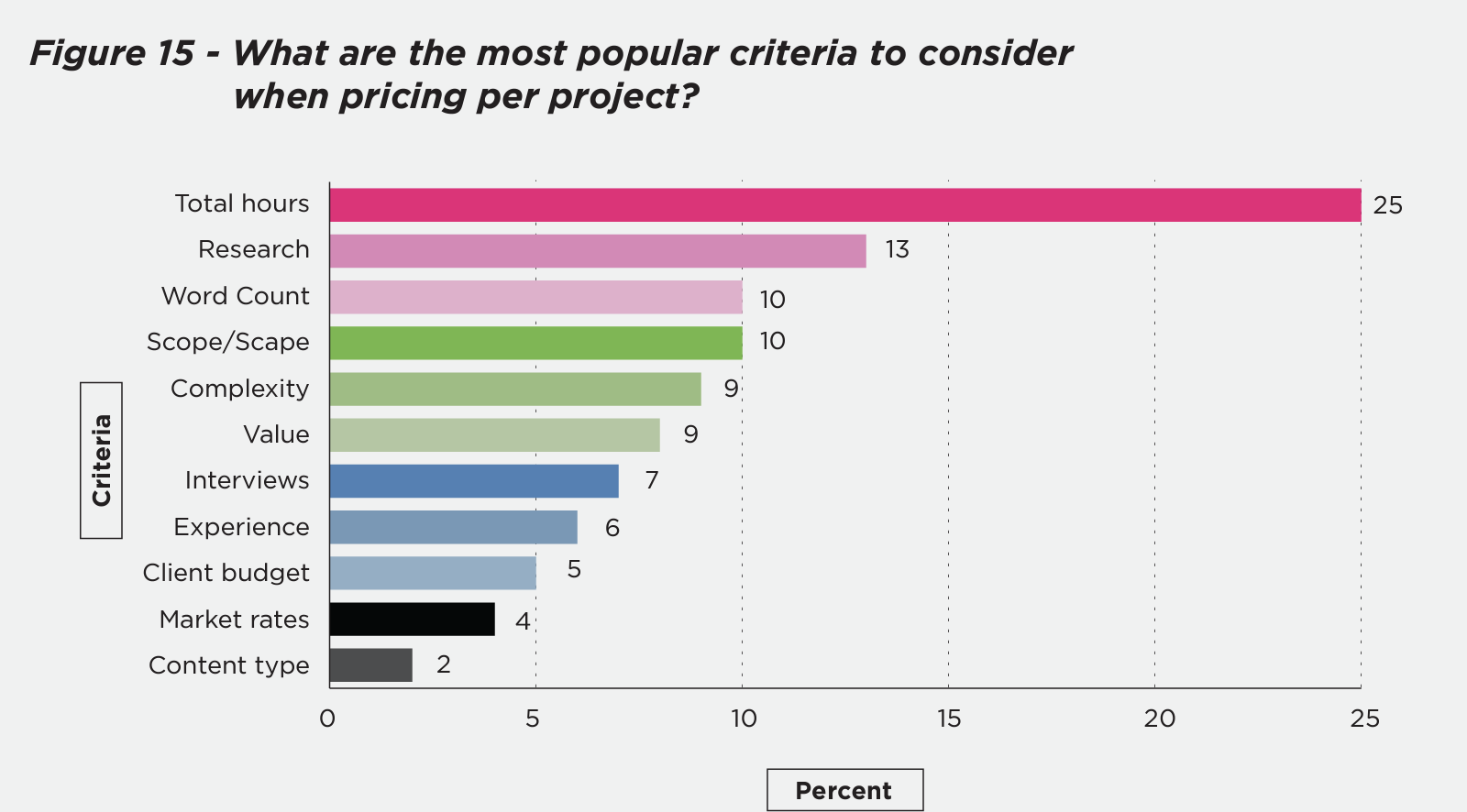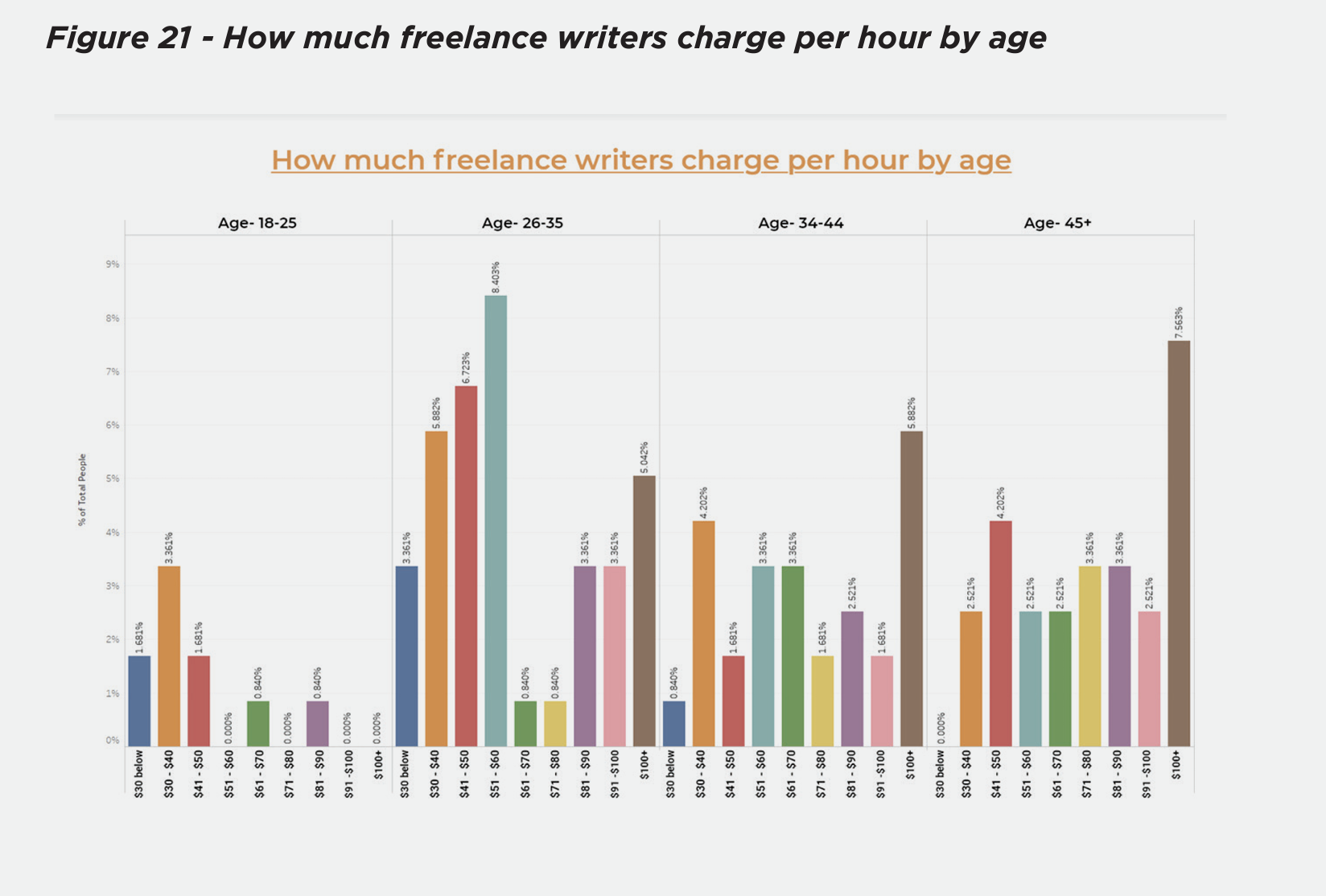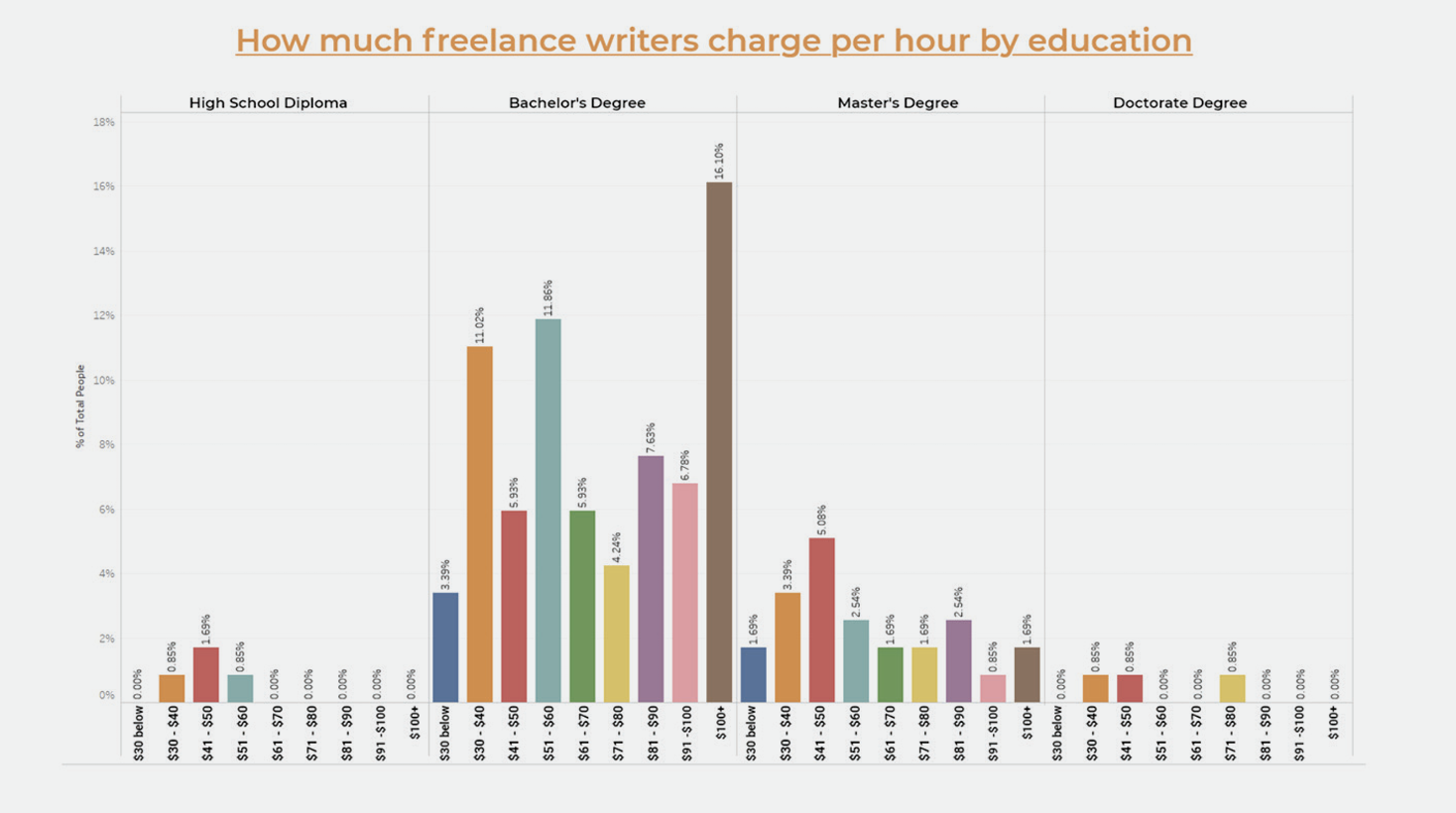It's that time of year again, folks. The birds are chirping, flowers are blooming, and freelancers everywhere are panicking because tax season is right around the corner.
You can hear the sound of keyboards clacking as they scramble to get their finances in order, all while trying not to have a nervous breakdown.
If you're one of these freelancers who's feeling the tax-time crunch, fear not! I’ve got you covered.
This article is going to help you find the best accounting software out there so you can breeze through tax season and bookkeeping with ease. So sit back, relax, and let's get those finances in order (before the IRS comes knocking).
Overview of the Top 9 accounting software programs for freelancers
QuickBooks Self-Employed. Great option for freelance writers needing advanced accounting solution for 15 per month.
FreshBooks. Paid accounting software offering time tracking, invoicing, project management for $15 per month.
Wave. Free accounting software with easy-to-use, basic features.
Xero. Paid accounting software with invoicing, expense tracking, project management for $20 per month.
Zoho Books. Paid accounting software with invoicing, expense tracking, project management for $9 per month.
Sage Business Cloud Accounting. Paid accounting software with invoicing, expense tracking, project management for $10 per month.
ZipBooks. Free accounting software with invoicing, expense tracking, time tracking.
GnuCash. Free and open-source accounting software with invoicing, expense tracking, budgeting.
FreeAgent. Paid accounting software with invoicing, expense tracking, tax preparation for $12 per month.
A closer look at the top 10 freelance accounting software programs for your freelance business
1. QuickBooks Self-Employed
QuickBooks Self-Employed is a popular accounting software that provides freelancers with a comprehensive solution to manage their finances. It is designed to be easy to use with its great functionality and user-friendly interface that simplifies the accounting process.
Here are some of the main benefits of QuickBooks:
Tracks expenses and sales tax
Allows users to upload receipts and invoices
Users can categorize expenses to simplify tax preparation
Offers invoicing capabilities for creating and sending invoices to clients
Provides tax preparation services
Helps track expenses and income throughout the year
Saves time and effort during tax season
QuickBooks Self-Employed is an ideal solution for freelancers because it offers a range of features tailored to their needs. Freelancers can track their time, mileage, and expenses with ease.QuickBooks Self-Employed is also designed to be intuitive and easy
The cost of QuickBooks Self-Employed is $15 per month. Additionally, QuickBooks Self-Employed offers a free trial, which allows users to test the software before committing to a subscription. Overall, QuickBooks Self-Employed is a great option for freelancers looking for an easy-to-use accounting solution. You can also access QuickBooks online.
2. FreshBooks
FreshBooks is a paid accounting software that offers time tracking, invoicing, and project management features for business owners. The software is designed to be user-friendly and intuitive, making it easy for freelancers to manage their finances
Features and benefits of FreshBooks:
Offers time tracking
Help with Quarterly taxes
Provides invoicing capabilities
Offers project management features
Includes accounting reports to track finances
Integrates with various payment processors
Offers a mobile app for easy access
Payment reminders
Customer support
FreshBooks is a good accounting software for freelancers because it offers time tracking, invoicing, and project management features specifically designed to meet the needs of freelancers. It allows users to create and send professional-looking invoices, track their time, and manage their projects, all in one place.
FreshBooks is a bookkeeping software that offers three pricing plans: Lite, Plus, and Premium. The Lite plan starts at $15 per month, the Plus plan starts at $25 per month, and the Premium plan starts at $50 per month. Prices may vary depending on the number of clients and features needed.
3. Wave
Wave is a free accounting software that is great for freelancers who are just starting out and need a basic accounting solution. The software is touted for its ease of use, and the free version offers most of the features that a freelancer needs, such as invoicing, receipt scanning, and financial reporting. Wave also offers paid add-ons for payroll and credit card processing for those who need more advanced features.
Wave features:
Offers basic accounting features
Includes invoicing capabilities
Invoicing software
Provides expense tracking
Offers receipt scanning
Ability to take online payments
Integrates with PayPal and Etsy
Provides reports on profit and loss
One of the reasons Wave is a good choice for freelancers is its simplicity. The software is user-friendly and easy to navigate, making it a great option for those who are not tech-savvy. Wave also offers a mobile app, which is convenient for freelancers who need to manage their finances on the go.
The best part about Wave is that it has a great free plan. There are no monthly fees, no hidden costs, and no limits on the number of transactions you can make. The paid add-ons for payroll and credit card processing are also reasonably priced, making it an affordable option for freelancers who need more advanced features.
4. Xero
Xero is a paid accounting software that is ideal for freelancers who need a more advanced accounting solution. The software offers features such as invoicing, expense tracking, and project management. Xero also offers a mobile app, which is convenient for freelancers who need to manage their finances on the go.
Xero features:
Offers invoicing capabilities
Provides expense tracking
Offers project management features
Integrates with more than 700 apps
Offers inventory tracking
Provides reports on financial performance
Xero has great automation features. The software can automate many of the accounting processes, such as bank reconciliation and invoice reminders, which saves freelancers time and effort. Xero also offers integrations with over 800 third-party apps, which makes it easy to customize the software to meet the needs of your business.
The price of Xero depends on the plan you choose. The Starter plan costs $20 per month and includes invoicing and expense tracking. The Standard plan costs $30 per month and includes additional features such as project management and inventory tracking. The Premium plan costs $40 per month and includes advanced features such as multi-currency support and enhanced security.
5. Zoho Books
Zoho Books is a paid accounting software that is ideal for freelancers who need a more advanced accounting solution. The software offers features such as invoicing, expense tracking, and project management. Zoho Books also offers a mobile app, which is convenient for freelancers who need to manage their finances on the go.
Zoho Books features:
Offers invoicing capabilities
Provides expense tracking
Offers project management features
Offers inventory tracking
Provides financial reports
Integrates with various payment processors
Zoho Books is a good choice for freelancers because of its affordability. The software is priced lower than many of its competitors, making it a great option for freelancers who need a more advanced accounting solution but can't afford the high price tag of some other software. Zoho Books also offers a wide range of integrations with third-party apps, which makes it easy to customize the software to meet the needs of your business.
6. Sage Business Cloud Accounting
Sage Business Cloud Accounting is a paid accounting software that offers features such as invoicing, expense tracking, and project management. It is a great option for freelance writers who need a more advanced accounting solution. The software is easy to use and offers a wide range of features that can help freelancers manage their finances more efficiently. In addition, the software offers the ability to track time and expenses, which can be incredibly helpful for billing clients accurately.
Sage features:
Offers invoicing capabilities
Provides expense tracking
Offers project management features
Provides reports on financial performance
Offers inventory tracking
Integrates with various payment processors
One of the biggest advantages of Sage Business Cloud Accounting for freelancers is that it offers a wide range of features that can help with invoicing, expense tracking, and project management. The software also offers a mobile app that makes it easy to manage finances on-the-go. Freelancers can use this app to create invoices, track expenses, and manage projects while they are away from their computer.
Sage Business Cloud Accounting has a few pricing options. The "Accounting Start" plan costs $10 per month and includes basic accounting features like invoicing, expense tracking, and cash flow management. The "Accounting" plan costs $25 per month and includes more advanced features like inventory management and project accounting. Finally, the "Accounting Plus" plan costs $50 per month and includes even more advanced features like multi-currency support and user permissions.
7. ZipBooks
ZipBooks is a free accounting software that is ideal for freelance writers who need a basic accounting solution. It offers features such as invoicing, expense tracking, and time tracking. The software is easy to use and can help freelancers manage their finances more efficiently. Additionally, the software offers a mobile app that makes it easy to manage finances on-the-go.
ZipBooks features:
Provides invoicing capabilities
Offers expense tracking
Offers time tracking
Provides financial reports
Offers a mobile app for easy access
Integrates with Stripe for payment processing
ZipBooks is free for freelancers. This makes it an excellent option for freelancers who are just starting out and may not have a lot of money to invest in accounting software. The software is also incredibly easy to use and offers a range of features that can help freelancers manage their finances more efficiently.
8. GnuCash
GnuCash is a free and open-source accounting software that offers features such as invoicing, expense tracking, and budgeting. It is a good choice for freelancers who are comfortable using more advanced accounting software and want to avoid paying for accounting software. However, it can be challenging to set up and use for those who are not familiar with open-source software.
GnuCash features:
Offers double-entry accounting
Provides invoicing capabilities
Offers budget tracking
Provides investment tracking
Provides financial reports
Offers a mobile app for easy access
GnuCash is completely free and offers many of the same features as paid accounting software. It also allows users to track multiple accounts, making it easy to manage finances for multiple projects. GnuCash is also highly customizable, allowing users to set up accounts and reports specific to their needs.
9. FreeAgent
FreeAgent is a paid accounting software that provides a variety of features for freelancers. It is cloud-based and allows freelancers to access their accounting data from anywhere. The software is primarily designed for small businesses, freelancers, and contractors. It has features like invoicing, expense tracking, project management, and tax preparation.
FreeAgent is a good choice for freelancers who need an all-in-one accounting solution. It has a user-friendly interface that is easy to navigate. It also provides real-time reports and data insights to help freelancers make informed business decisions. Additionally, FreeAgent has a mobile app that allows freelancers to access their accounting data on the go.
Free agent features:
Provides invoicing capabilities
Offers expense tracking
Provides project management features
Offers tax preparation services
Integrates with various payment processors
Provides reports on financial performance
Mileage tracking
The pricing for FreeAgent starts at $12 per month, which includes features like invoicing, expense tracking, and tax preparation. Freelancers can also upgrade to the Premium or Elite plans, which offer additional features like time tracking and project management. The Premium plan costs $24 per month, while the Elite plan costs $50 per month.
Get your taxes done!
Congratulations, you've made it to the end of the list! Now that you've been introduced to some of the best accounting software for freelancers, it's time to choose the right one for you. Just remember, finding the perfect accounting software is a bit like dating - it takes some trial and error before you find "the one". But with these top 10 suggestions, you're one step closer to finding your perfect match.
And who knows, maybe one day you'll look back at tax season with fond memories of organizing your finances with your trusty accounting software. Okay, probably not, but at least you'll have more time to focus on your actual work and less time stressing about finances.
So go ahead, give one of these top 10 accounting software programs a try, and hopefully, you'll find the perfect match that helps you keep your finances in order. Good luck, and happy freelancing!
For more information about how freelance writers can succeed, check out the blog. You’ll also like the 34-page report on benchmarking freelance writing rates.
